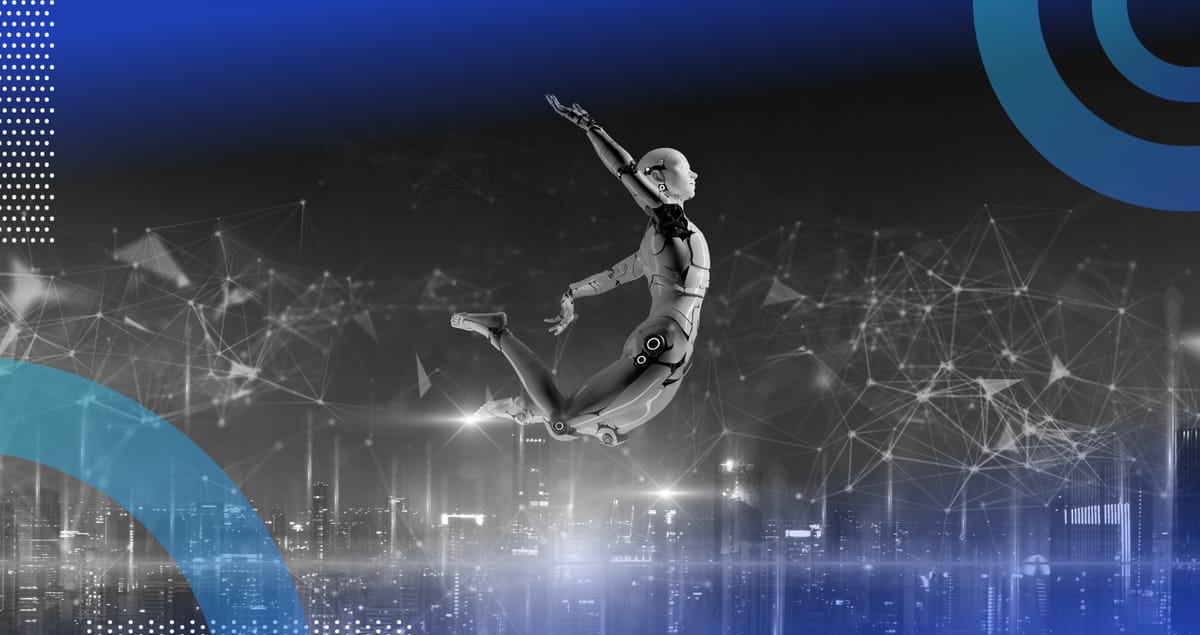The Impact of Decentralized AI on Major Technology Companies

The Rapid Evolution of Artificial Intelligence
Artificial intelligence (AI) technology has been making strides for over ten years. However, as we enter 2025, we are witnessing an exciting phase often referred to as a supercycle of AI development. Technological advancements are emerging faster than ever and are being woven into various industries, significantly easing long-standing bottlenecks in the AI sector.
Dominance of Tech Giants
Historically, just a handful of major tech companies have been at the forefront of AI technology, with groups like Google, Microsoft, and Amazon leading the way. They possess substantial control over crucial resources such as cloud infrastructure, proprietary AI models, and extensive datasets, all of which are vital for driving AI innovation. This concentration of power limits how users engage with AI technologies, creating a bottleneck that hampers the accessibility and diversity of AI applications.
Centralized systems present drawbacks. When only a few corporate entities dictate the terms of AI usage, the choices available to users diminish. Decision-making happens within boardrooms, sidelining public input and hindering the incorporation of diverse perspectives. Although this centralized control can be efficient initially, over time it can lead to inertia and reluctance to adapt to change.
What is Decentralized AI (DeAI)?
Decentralized AI, or DeAI, offers an alternative approach. Unlike traditional AI systems that rely on centralized servers and proprietary data repositories, DeAI utilizes distributed networks. This approach promotes resilience, adaptability, and fairness in AI development. By spreading the responsibility across multiple nodes rather than a single entity, DeAI can mitigate the shortcomings of centralization.
Centralization: A Barrier to Innovation
The influence of major tech companies extends beyond software; they also dominate the hardware necessary for AI, such as chips used for training models and inference. This centralization creates significant chokepoints, particularly regarding data access. Data is often trapped in silos controlled by these corporations, which can prevent smaller players from getting the resources they need. Consequently, the collaborative opportunities essential for diverse and quality AI systems are stifled.
Centralized systems may struggle to address varied cultural and regional needs, leading to inefficiencies. For example, a single AI model may not effectively understand local languages or customs, opening the door to potential bias and manipulation. In contrast, decentralized AI has the potential to address these challenges effectively.
Scaling AI Development through Decentralization
Decentralized networks are paving the way for increased AI scalability. Platforms like Ocean Protocol and SingularityNET exemplify this shift. Ocean Protocol allows decentralized and secure data sharing, empowering individuals and organizations to contribute without losing control. Meanwhile, SingularityNET serves as a marketplace for buying, selling, and collaborating on AI models. This creates opportunities for startups and researchers who previously faced barriers due to corporate dominance.
The Role of AI Agents in Web3
Autonomous AI agents are playing a significant role in reshaping the Web3 economy. These agents are capable of functioning independently by analyzing real-time data to make decisions autonomously. As of early 2025, thousands of AI agents are active within the Web3 framework, managing tasks such as crypto staking, on-chain trading, and governance in decentralized autonomous organizations (DAOs). They streamline processes that would typically require continuous human oversight, allowing for a more efficient handling of increasingly complex blockchain networks.
Challenges Confronting Decentralization
Despite the promise of DeAI, several challenges remain that must be addressed for its potential to be fully realized. Security is a pressing concern, particularly given the significant losses due to blockchain hacks in recent years. Introducing autonomous agents can increase vulnerability, making robust security measures crucial.
Additionally, the rise of fraudulent projects and scams, which misuse the hype around AI agents has highlighted the need for vigilance. Ethical considerations also become important as AI agents take on more responsibilities in financial operations, content creation, and asset management. Developers must ensure that these agents act in alignment with societal values and user intentions.
To thrive, DeAI requires a robust infrastructure capable of handling vast transactions. This may involve integrating high-throughput solutions with blockchain architectures that support off-chain AI processing, ensuring the network remains efficient without becoming overloaded.
Looking Ahead to DeAI’s Future
For DeAI to reach its full potential, attention to regulatory frameworks and transparency is vital. Clear guidelines from regulatory bodies would help build trust among users, while transparency about decision-making processes will be crucial. Incorporating public blockchains can aid in achieving the transparency needed for ethical and responsible AI operations.
As technology continues to progress, the collaboration of technologists, policymakers, and ethicists will be critical in addressing challenges and harnessing the full potential of decentralized AI.





